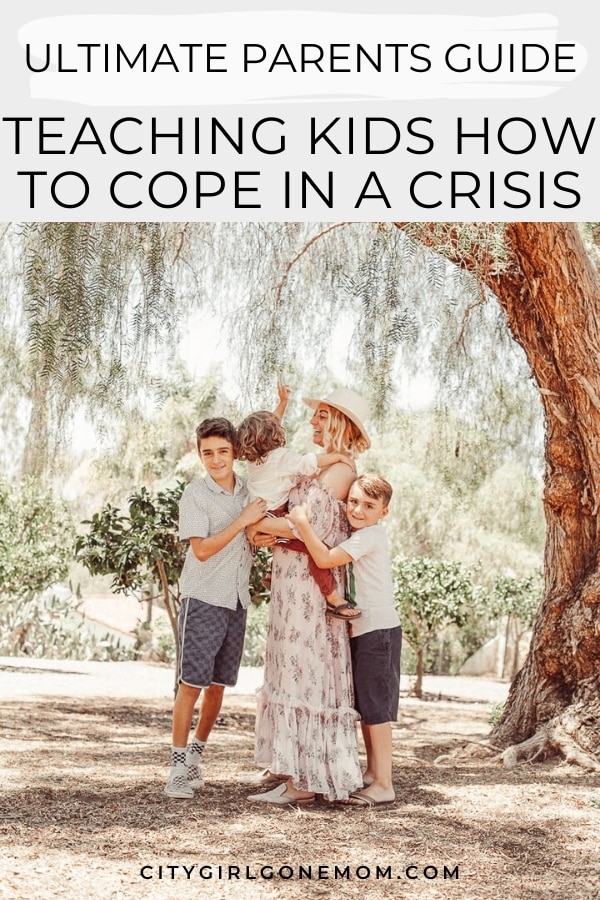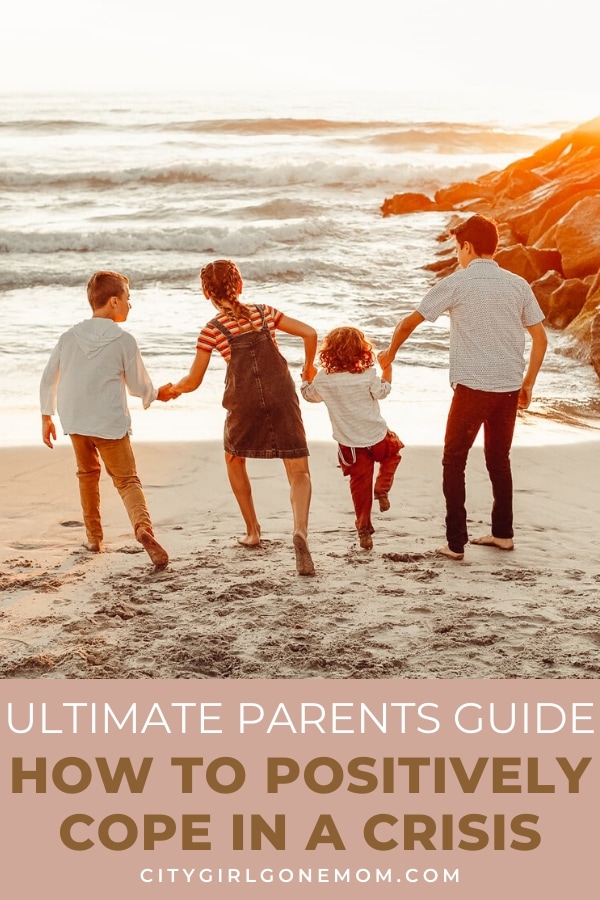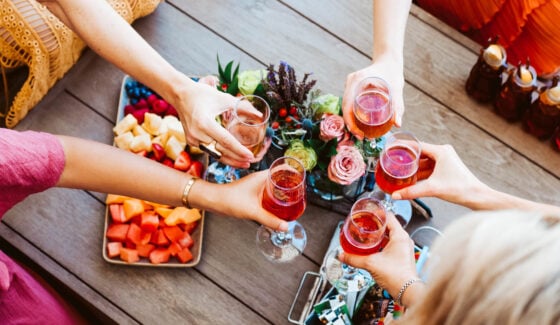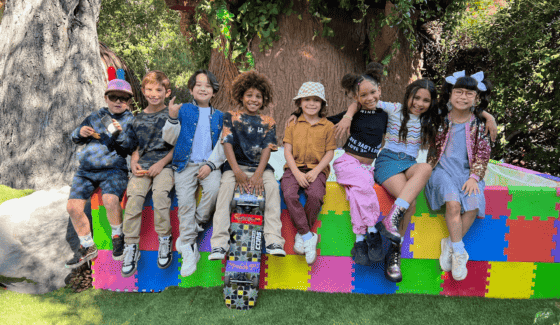This Post Is Sponsored By Responsibility.org! As Always, All Opinions Are My Own! Thank You For Supporting CityGirlGoneMom!
This year has been filled with uncertainty. The outbreak of coronavirus has left us all confused, worried and scrambling to adapt to this new lifestyle. Between the schools closing, our friends and family out of work, and people reeling from the economical blow of this pandemic, 2020 has been an absolute mess. So this year I partnered with Responsibility.org, a national, not-for-profit working to inspire a lifetime of responsible alcohol choices, to cover a range of important topics, from parental guidance and positive role-modeling, to helping kids navigate friendships and this new world we’re living in.
Over the last 10 years, 62 percent more kids reported talking with their parents about underage drinking, as well as with educators, counselors, and other practitioners.

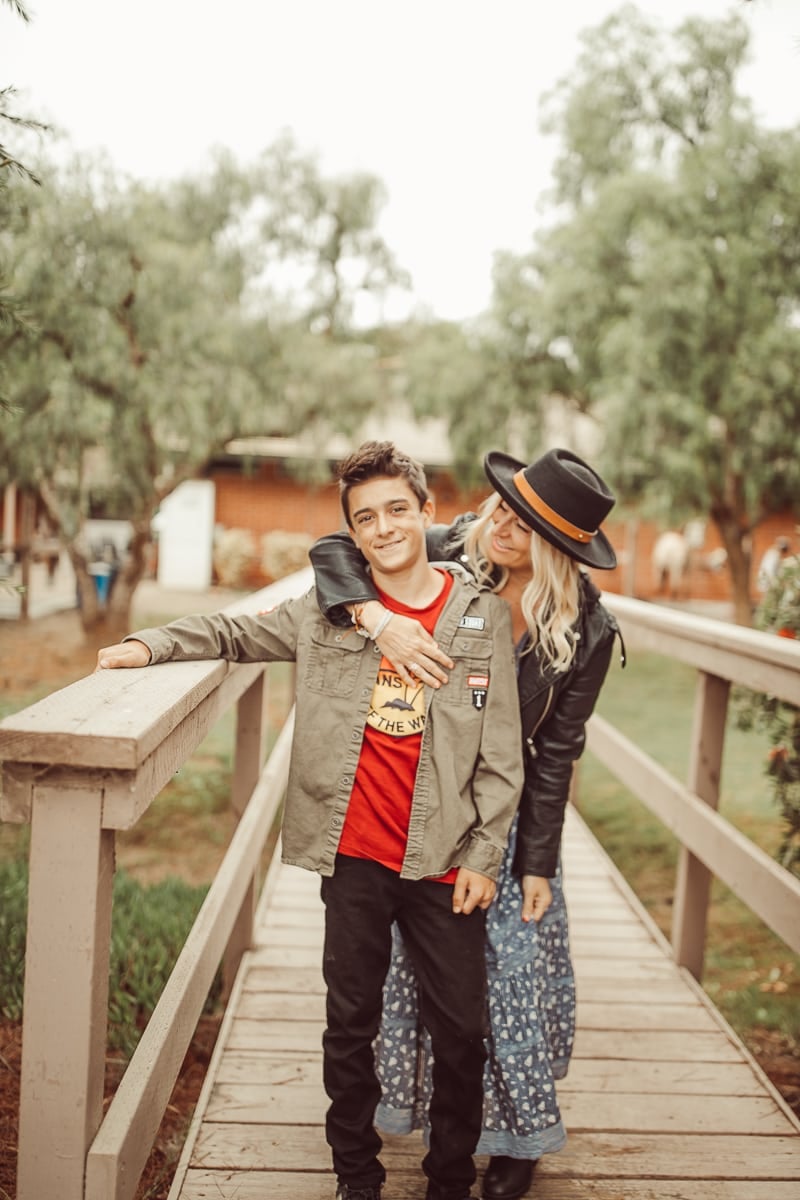
Be Open With Your Children
Bobby and I do our best to be honest and open with our kids, whether it’s talking to them about the coronavirus or bullying in school. But this month is especially important as April is Alcohol Responsibility Month, which focuses on preventing underage drinking.
Of course, talking to your littles about drinking isn’t an easy task—I definitely don’t want to imagine that my kids will start drinking anytime soon. So to help parents navigate the conversation, Responsibility.org offers a ton of info for talking to kids as young as 6 years old all the way through the college. If your kids are in the 9-13 age range, make sure to check out Responsibility.org’s underage drinking prevention program called Ask, Listen, Learn.

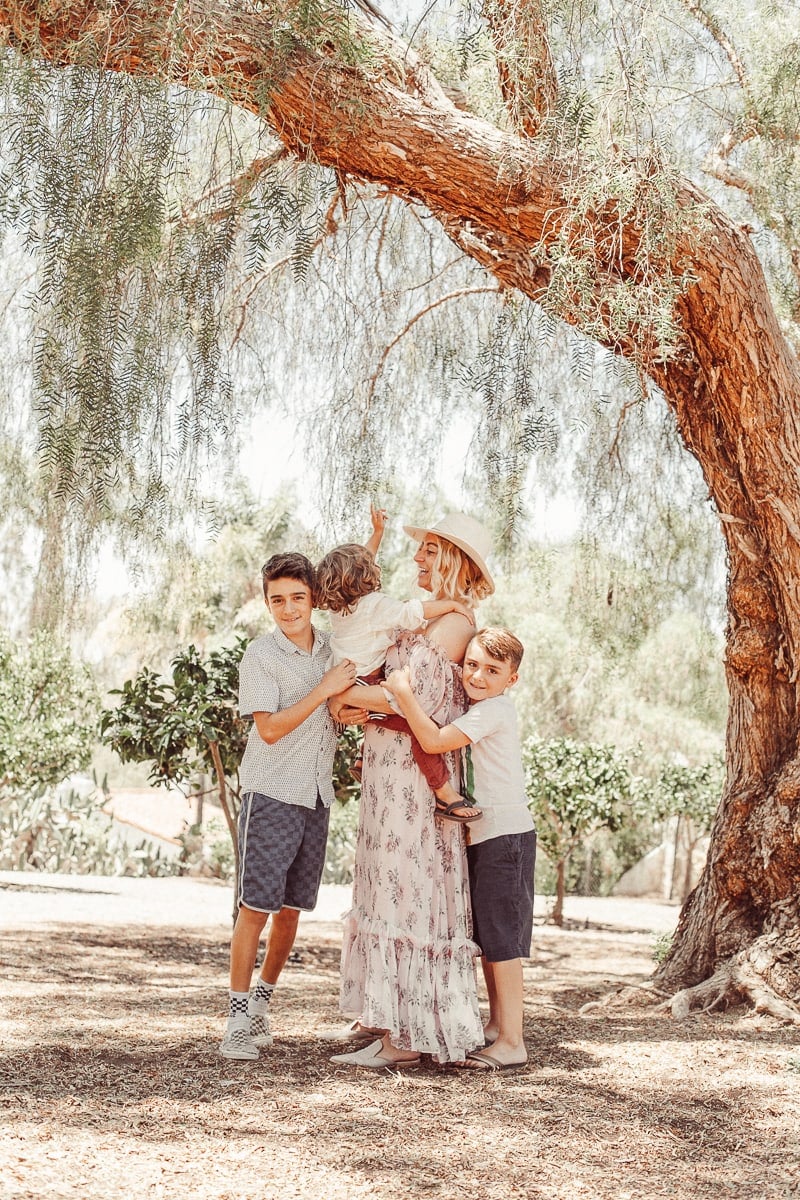
Talk to Them About the Tough Stuff
It’s hard to imagine that your kids, especially your youngest, are already learning about alcohol, but kids are sponges, and they’re absorbing anything and everything around them. It’s our responsibility as parents to make sure that they don’t learn dangerous or harmful habits.
Talking to your kids about alcohol might be hard at first, right up there with the birds and the bees, but they look to you to guide them. Parents are the leading influence on a child’s decision to drink—or not drink—alcohol. Studies show when conversations about alcohol between parents and kids go up, underage drinking goes down—so start talking mom and dad!
Drunk driving fatalities have decreased 34 percent since 1991 and lifetime alcohol consumption among our nation’s youth has decreased 48 percent.
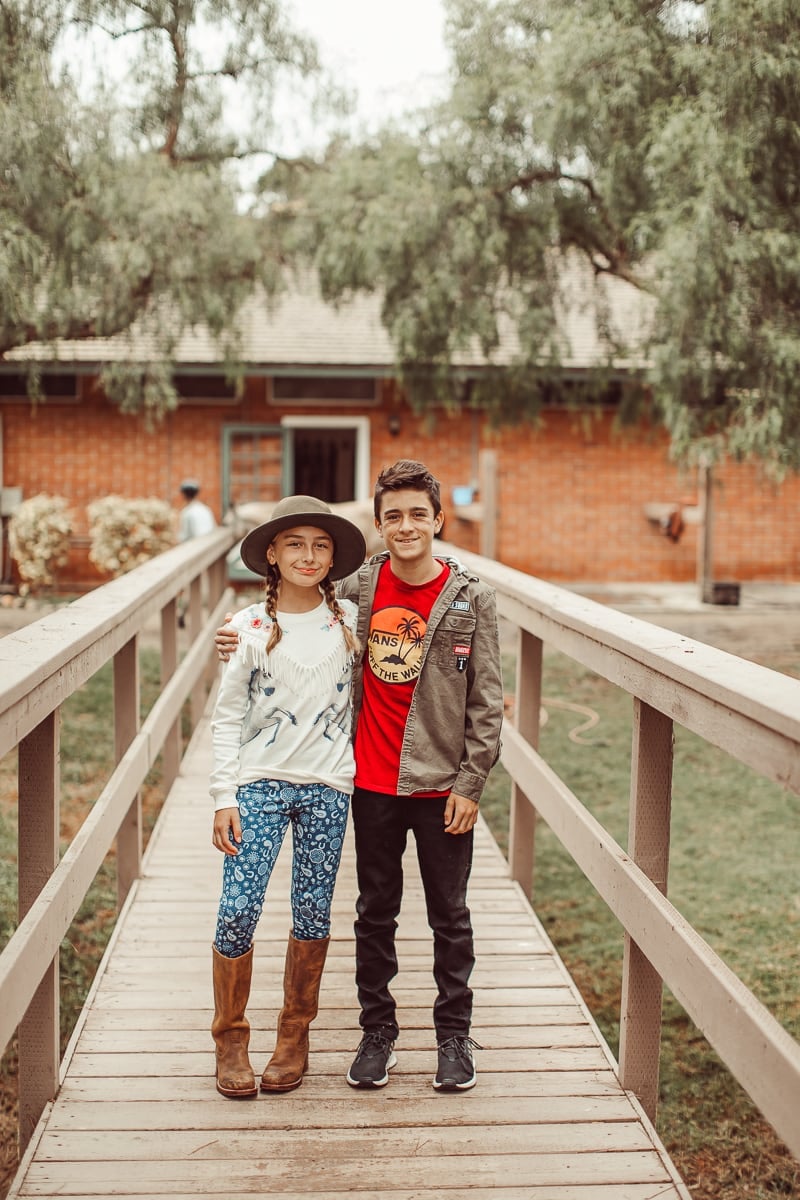
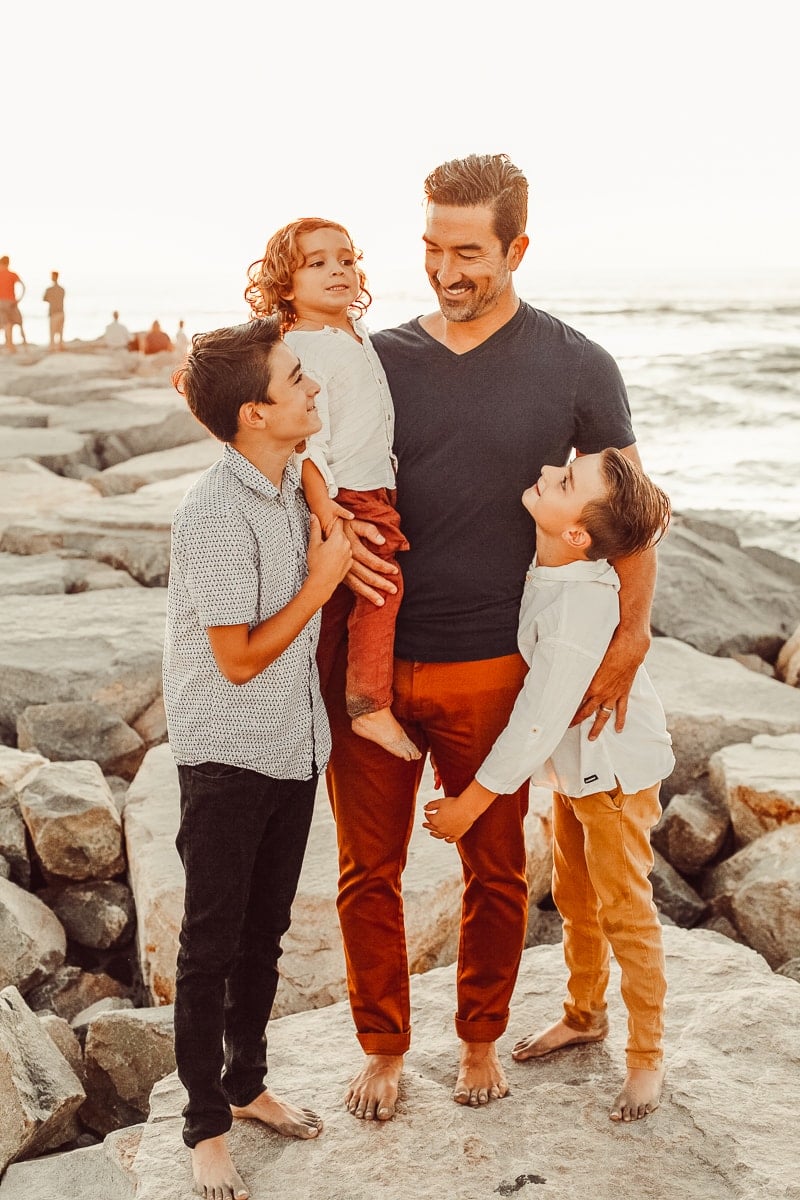
Understand Their Worries
With issues around the coronavirus, everything is harder for your kids—there’s no school, no routine, no structure. They don’t have their friends to talk to or teachers to look to for guidance. Right now, they’re looking entirely to you for how they should be feeling and functioning, so having a conversation about drinking, and how to deal with their negative emotions, is more important than ever. They see how we are reacting to stress and trust me, they are watching if we run to a drink to deal with life.
Make sure that your kids feel comfortable talking to you. That you are identifying their needs and understanding their emotions. Reassure them that you’ll always be there for them if they want to talk or just need to hear that you’re watching over them. Then together, come up with a way for you to take on those issues in a positive way. Remember you’re building positive coping mechanisms for a lifetime!
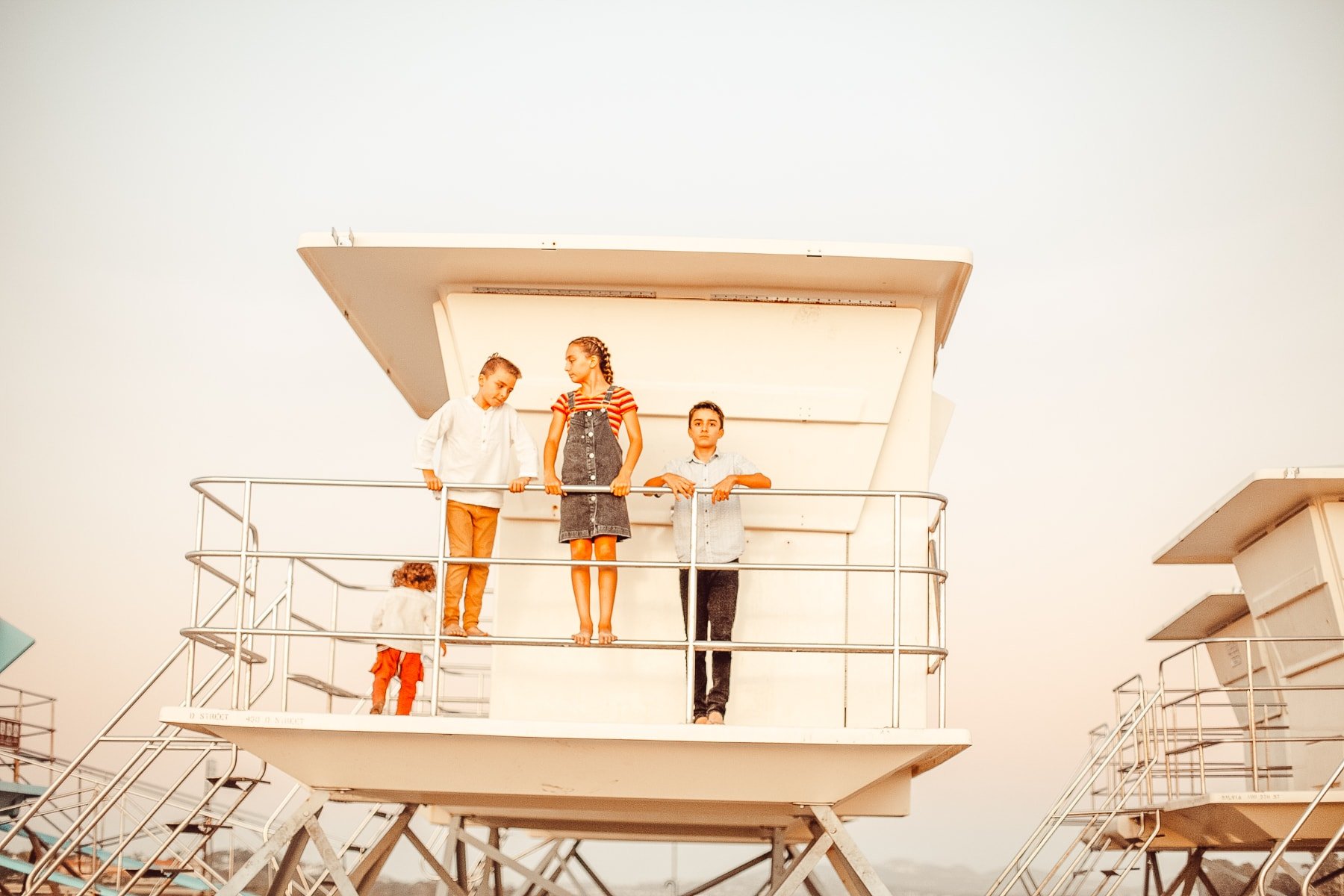
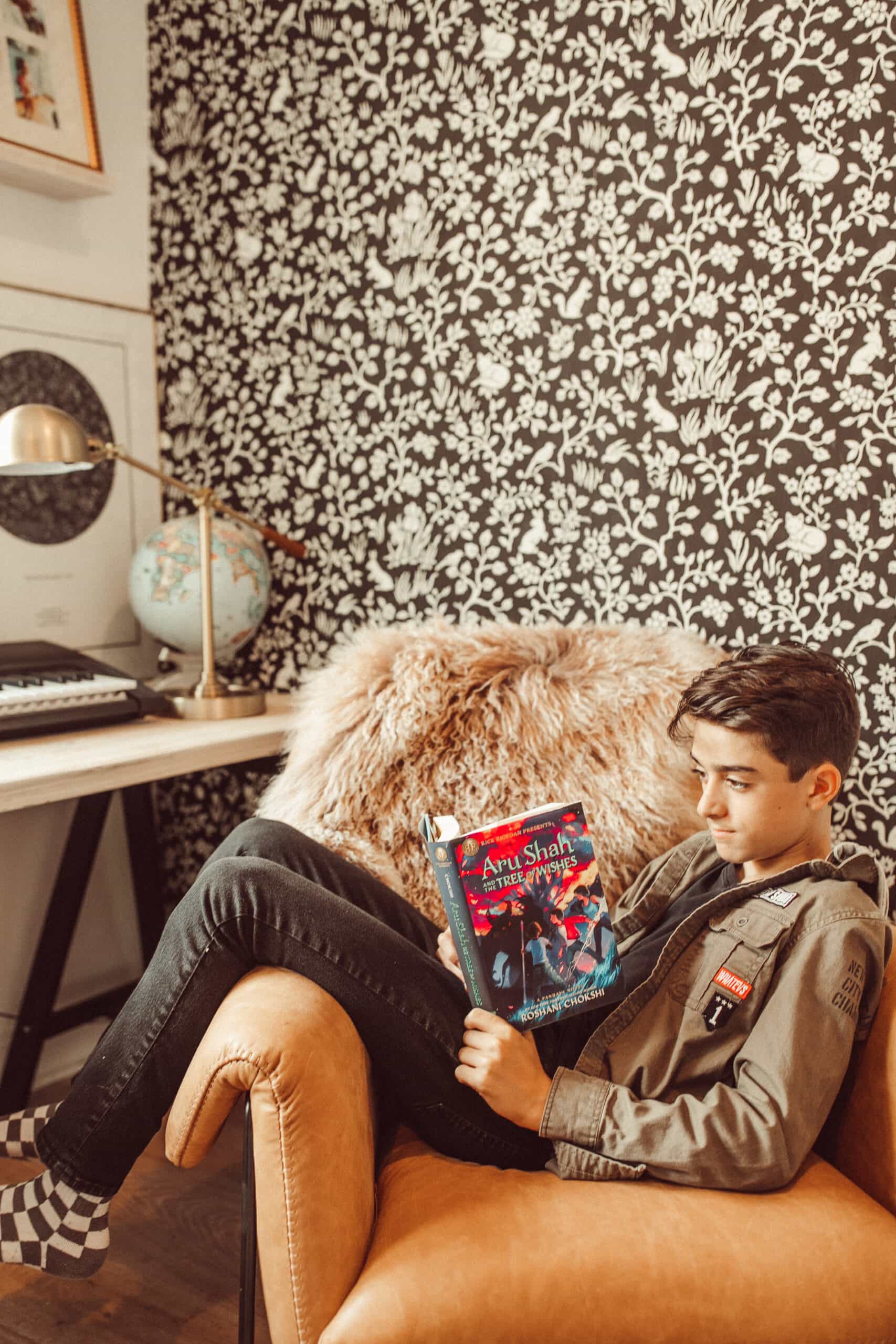
Parental Guidance Do’s
- Project calm and confidence. Kids are sponges. If you’re nervous, worried or scared, they will be too.
- Be careful of what your kids overhear in your conversations with other adults. A joke about needing wine to get through a day of quarantine can be interpreted differently through the mind of a child.
- Reassure your kids that things will go back to normal while being honest about the fact that you don’t know when this will happen. But reassure them they’re safe at home with the family and you’re looking out for them.
- Create routines your family can follow so kids can have some sense of predictability. Find a schedule that works for you and stick to it!
- Create opportunities to let each member of the family choose things for you to do—whether it’s game night, homework assignments, or what to have for dinner. It will give them peace of mind to have some sense of control.
- Give your kids clear, age-appropriate answers to their questions.
- Help your kids take pride in the fact that by staying home they are doing their part to stop this virus! They’re like superheroes helping to save the world!
- Give your kids a safe space to talk about their negative feelings, help them identify their feelings, and then create ideas on how to overcome those issues.
- Take time for adequate self-care so you can bring your “A” game to the start of each day. Light some candles, read a few chapters of a book, take a long hot shower—whatever helps you get your game face on.
Since 2003, conversations between parents and kids have increased by 73 percent. During that same period, underage drinking has decreased by 50 percent.
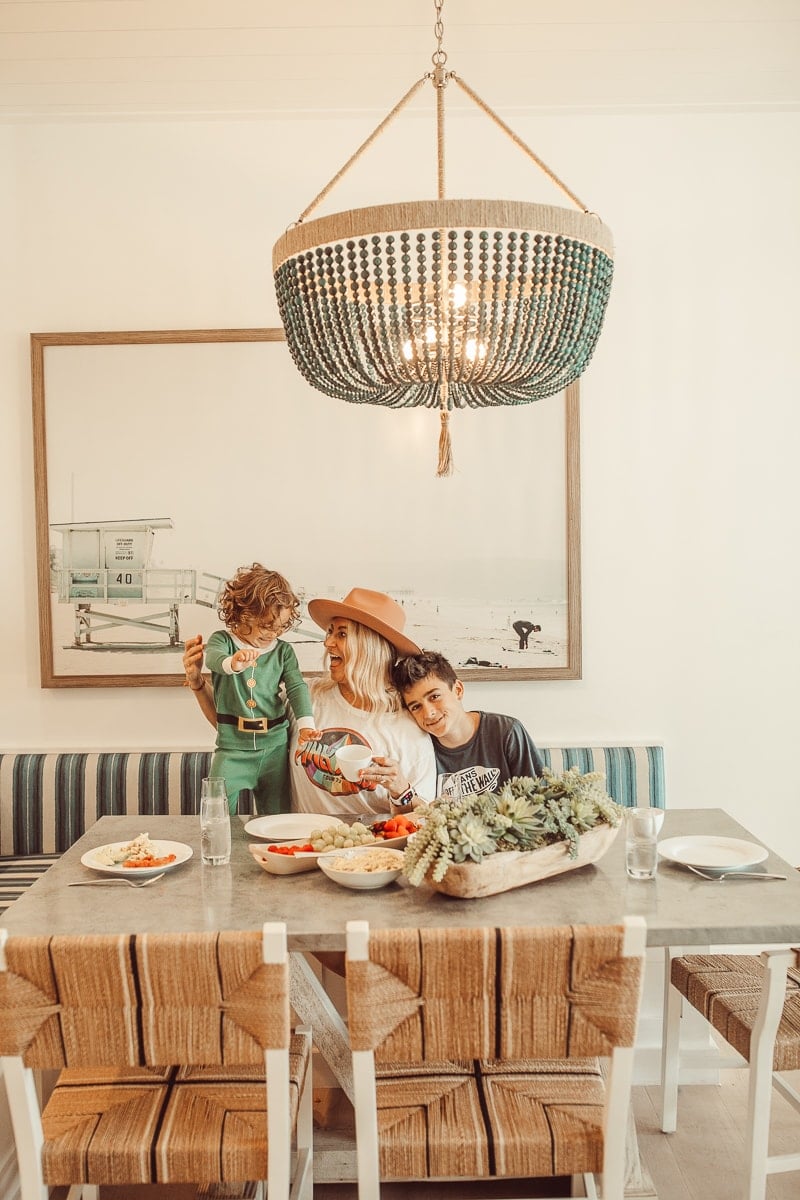
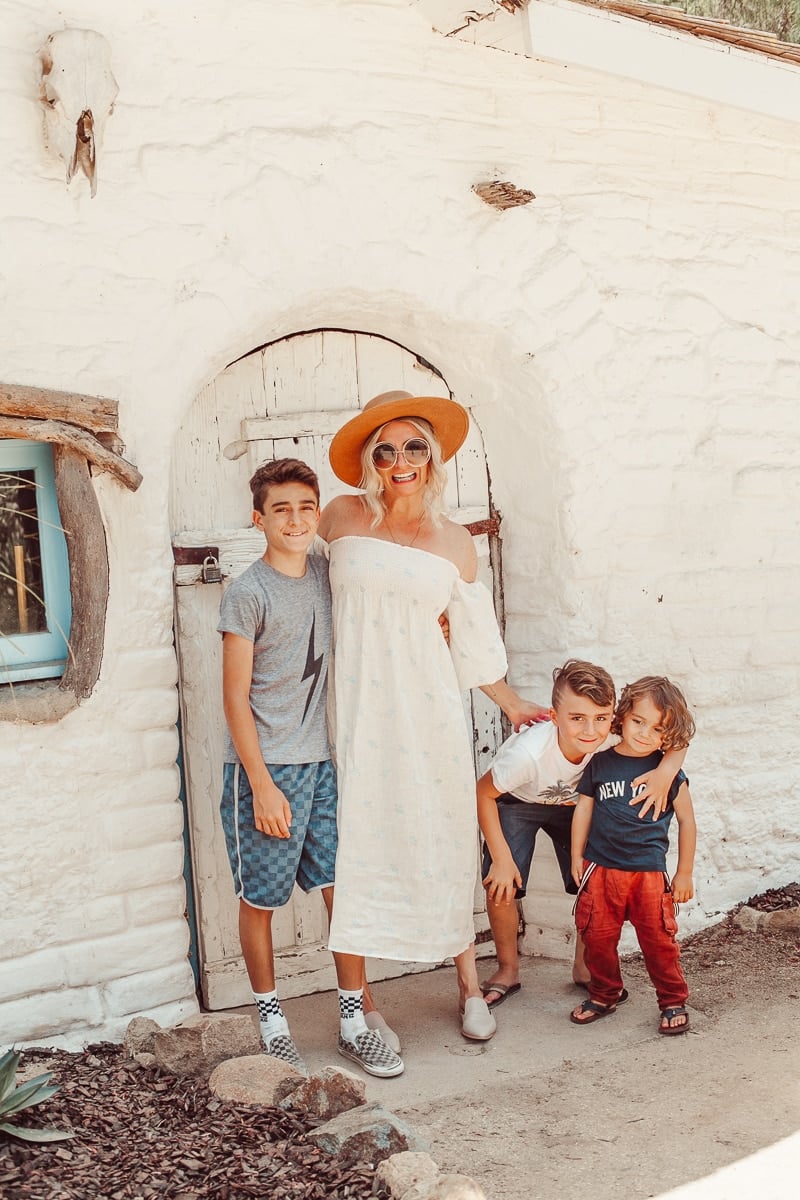
Don’t:
- Joke about the seriousness of this situation. Even sophisticated kids will suspect there is a grain of truth to humorous or sarcastic comments about “Armageddon” or the “apocalypse.”
- Make promises that you can’t keep. Promising everything will be back to normal by their birthday is totally out of your control.
- Use negative coping strategies as a way to manage your own emotional reaction to this crisis. Drinking a glass of wine at dinner is perfectly fine, but remember it’s about your mindset and language when you are drinking. Talking about the positive part of the day with that glass of wine sends a very different message than talking about the stress of the pandemic while drinking the wine. Try to prioritize the positive as a way to cope—yoga in the backyard, baking in the kitchen or working on crafts—are great examples.
Twenty percent of teens killed in fatal car crashes in 2013 had been participating in underage drinking.

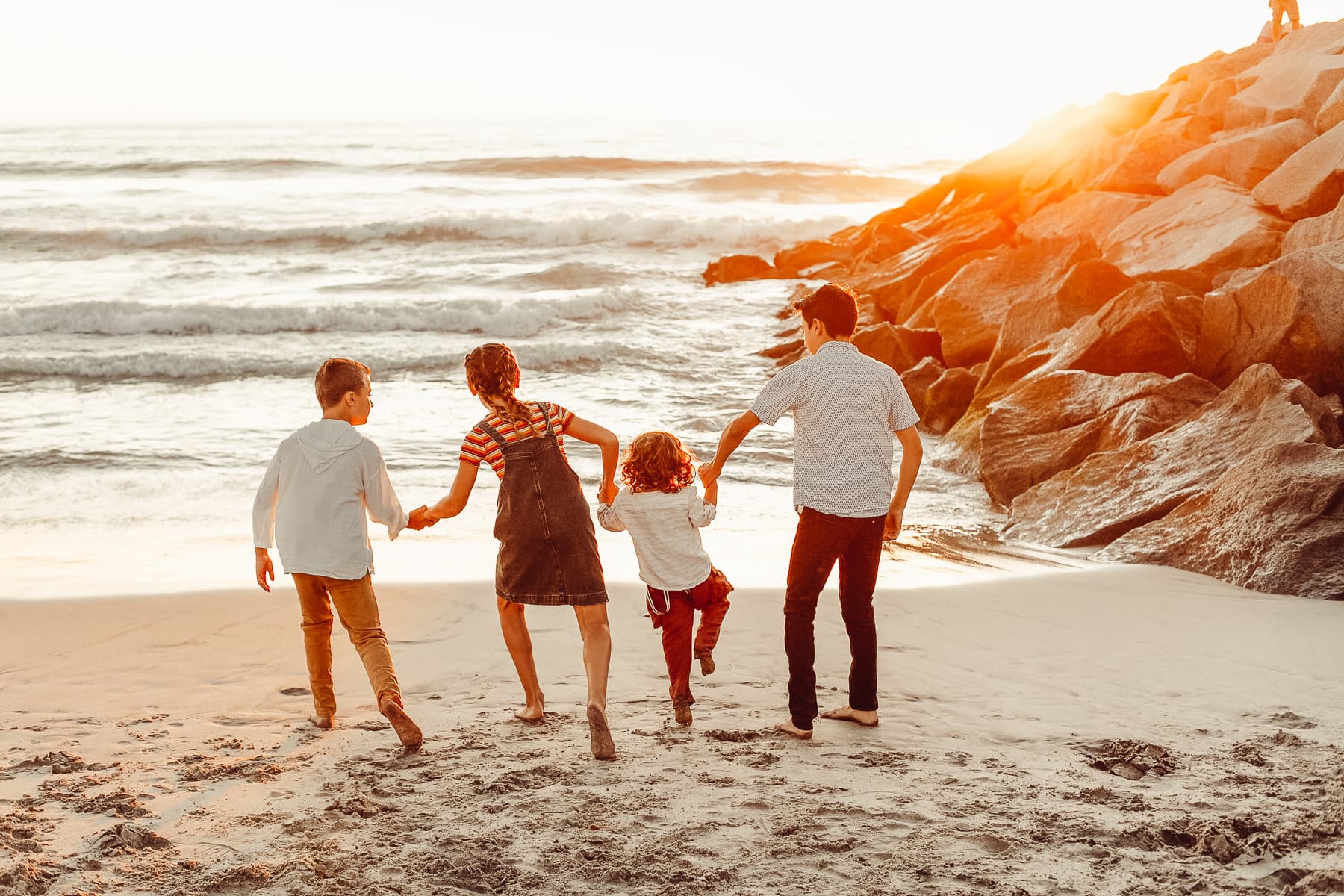
Focus on the Positive
While this is no means a comprehensive list, it’s best to focus on what is important during this outbreak—your family, your friends and your health. We’ve never lived through something like this before and making sure that our children learn how to cope through this crisis will make all the difference when they grow up. Memes like “mommy needs wine” and “grocery essential” posts of bottles of alcohol, are only teaching our kids that it’s okay to cope with their problems through drinking.
Instead, teach them to cope by talking, running, playing with their dog or starting a coloring project. Take the time to care for your own health and well being and they’ll follow suit. Above all else, let them know it helps to talk and you’ll always be there to listen.
How are you working on coping with the COVID-19? What positive ways do you take care of yourself and your family?
YOU MAY ALSO LIKE
SHOP THE LOOKS
Pin This Post
